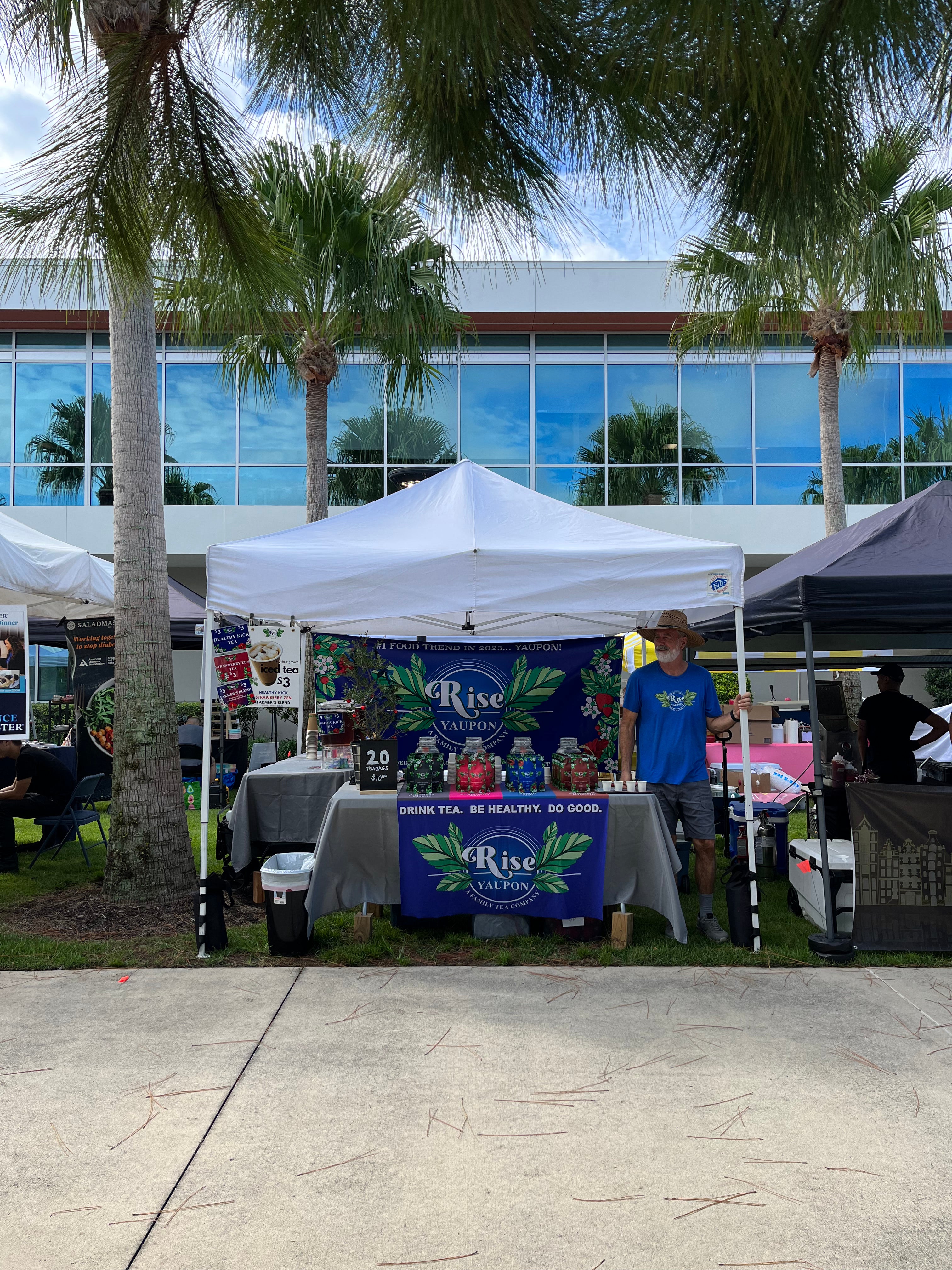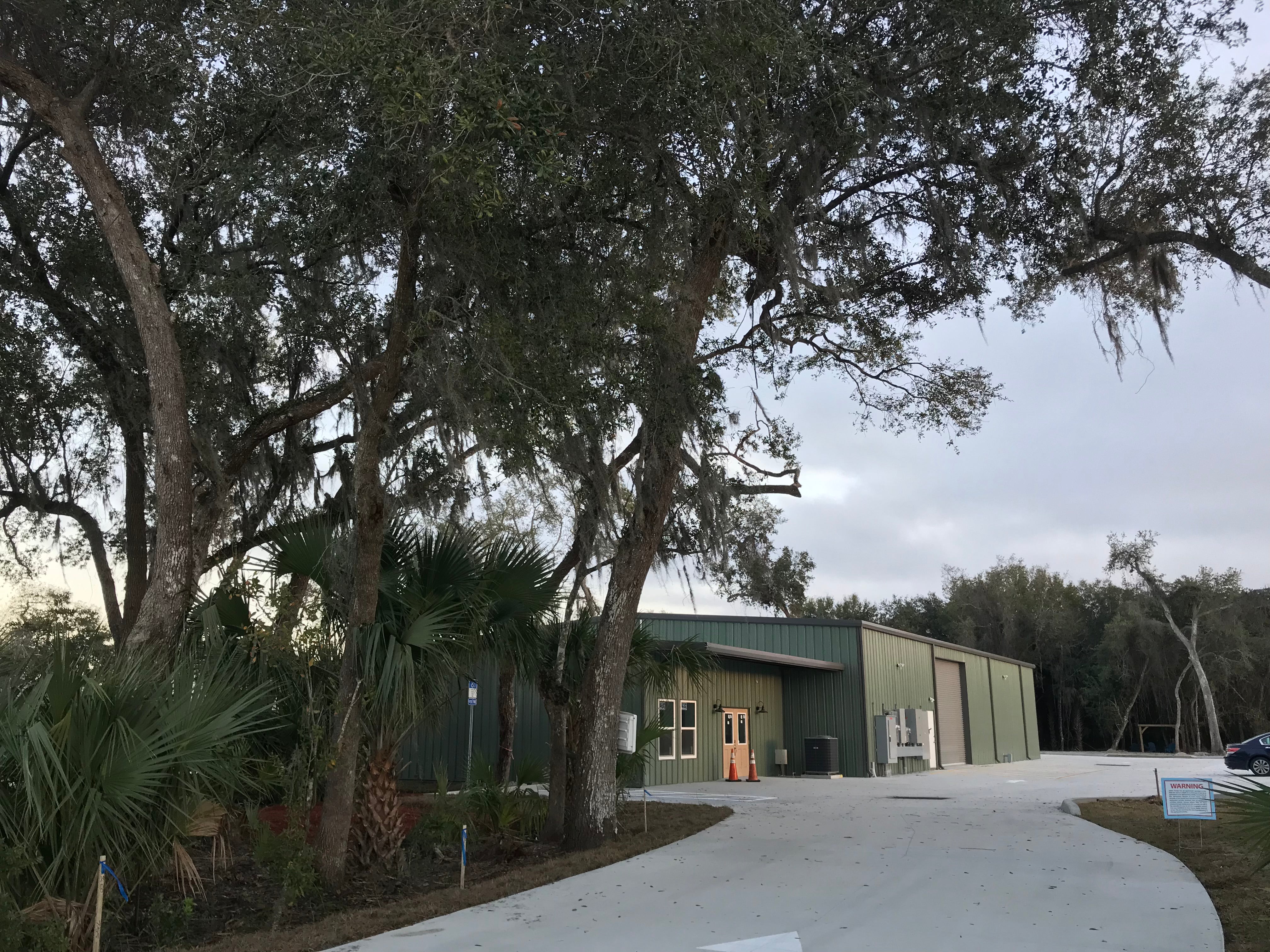We are so proud of the work that our Farm Partner, Angela TenBroeck is doing. Read about her efforts to change the hunger landscape using innovative ideas and methods - putting food directly into communities that need it most.
Agri-Blox - Solving Food and Climate Change.
Written by Angela TenBroeck
Cities worldwide are facing multifaceted challenges, from rapid urbanization to climate change impacts on food security. However, investing in climate-smart agriculture techniques offers a promising solution that addresses several of these pressing issues simultaneously.
- Food Security: By adopting climate-smart agriculture practices such as vertical farming, hydroponics, and agroforestry, cities can produce food locally, reducing reliance on distant, vulnerable food supply chains. This enhances food security by ensuring a consistent supply of nutritious food, even in the face of climate-related disruptions.
- Environmental Sustainability: Climate-smart agriculture focuses on sustainable land management, water conservation, and biodiversity preservation. Techniques like agroecology promote natural pest control and soil fertility, reducing the need for synthetic inputs and minimizing environmental impacts.
- Resilience to Climate Change: Urban agriculture can mitigate climate change impacts by sequestering carbon, reducing greenhouse gas emissions from transportation and food production, and enhancing urban heat island mitigation through green infrastructure.
- Economic Opportunities: Investing in climate-smart agriculture creates job opportunities in urban areas, particularly for marginalized communities. It fosters entrepreneurship in agri-tech startups and promotes circular economy models, where waste streams are repurposed into valuable resources.
- Community Health and Well-being: Access to fresh, locally grown produce improves dietary choices and reduces the prevalence of diet-related illnesses like obesity and diabetes. Additionally, urban green spaces associated with agriculture provide recreational opportunities and contribute to mental health and social cohesion.
- Water Management: Climate-smart agriculture emphasizes efficient water use through techniques like drip irrigation and rainwater harvesting. By minimizing water waste and pollution, cities can alleviate pressure on freshwater resources and enhance water resilience in the face of increasing scarcity.
Investing in climate-smart agriculture isn't just about producing food; it's about building resilient, sustainable cities that thrive in the face of environmental challenges. As we navigate an increasingly uncertain future, integrating these practices into urban planning and policy-making is essential for creating cities that are both livable and resilient.





Leave a comment
This site is protected by hCaptcha and the hCaptcha Privacy Policy and Terms of Service apply.